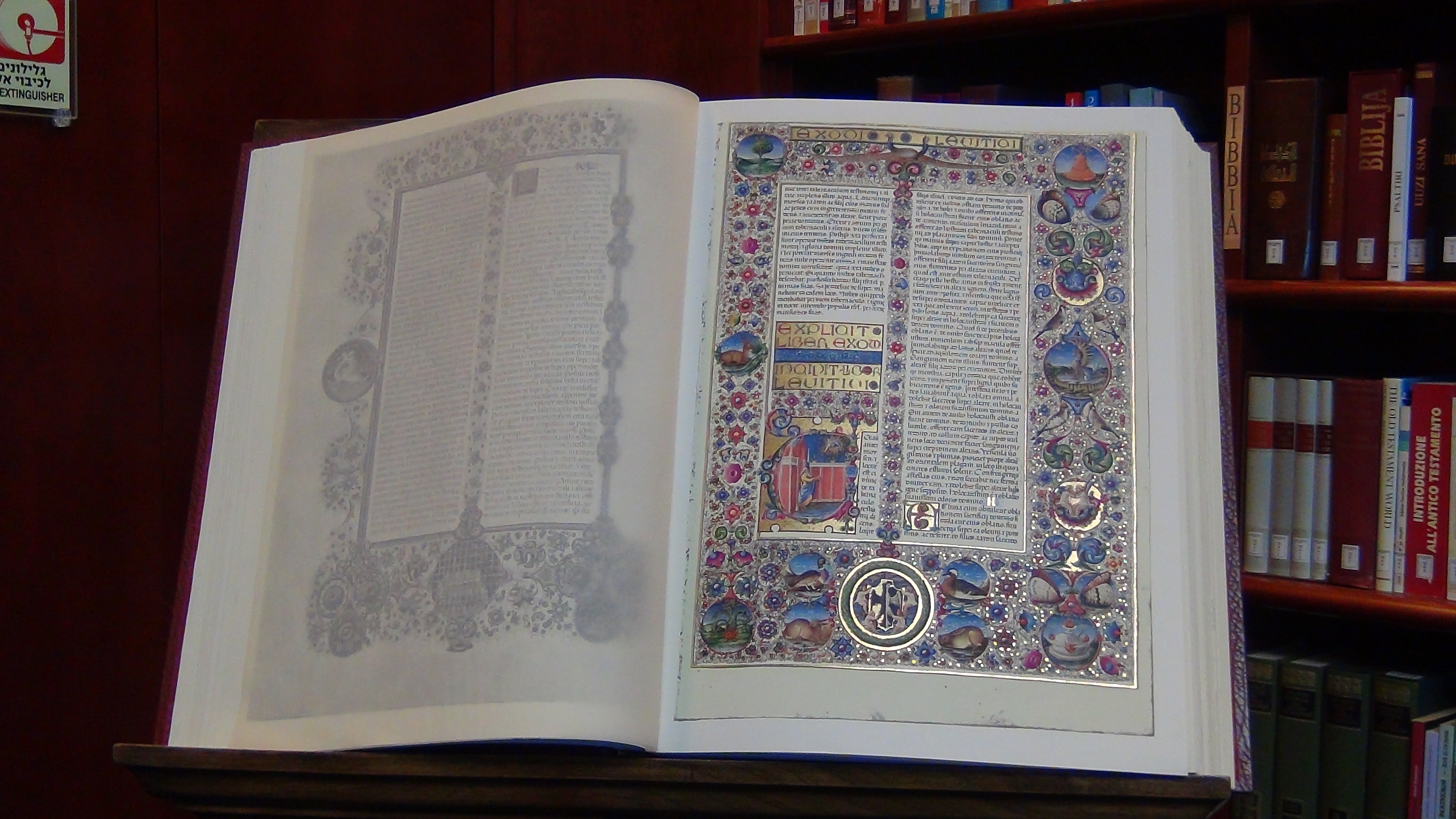Acts 4:32-35; Ps. 118:2-4, 13-15, 22-24; 1 Jn. 5:1-6; Jn. 20:19-31
From fear to the Spirit of truth. The disciples were locked in spiritual fear that they were next to be arrested and killed after seeing how they crucified Jesus. They were also physically locked in the upper room when Jesus appears to them with the words of courage “Peace be with you”. Jesus frees them from their spiritual fear as he breathes on them the gift of the Holy Spirit, the Spirit of truth. Are we locked in our fears in need of the Spirit of truth to set us free. The Lord is here, he is risen ready to set the captives free.
As parents we fear for our children anxious about many things yet our children belong to God. Our children are a gift to raise up in the Spirit of truth and to set them free to serve their God given purpose. We fear illness and disease as we age recognizing our own mortality yet even Jesus had to suffer a mortal death to rise again giving us the evidence of victory over death and the hope of eternity.
We fear the powers of this world that seek to take our freedom and burden our lives claiming authority to rule over us. Jesus tells Pontius Pilate he has no power over him reminding us that our kingdom is not of this world but resides in the Spirit of truth within and that freedom cannot be taken away. We fear the evil that prowls about the world seeking the ruin of souls. We have the power over evil, we are covered by the Spirit of truth, we live the sacramental life that receives Jesus body, blood, soul and divinity in the Eucharist and in the Holy Spirit. Fear not!
When Jesus breathed on the disciples giving them the Holy Spirit it came with a mandate. It wasn’t a gift for their indulgence or self adulation. It was a gift of power and authority to serve God in the person of Christ with the sacramental duty to forgive sins in the name of Jesus. As we recall Jesus had already instituted the Eucharist and the priesthood on Holy Thursday to be done in remembrance of the Lord but the disciples did not fully understand what their “call” to duty included.
This was and is the new beginning of the people of God to be of one body that is of one Church. This did not deny the past history of the law of Moses and the call to obey the commandments, it fulfilled it in a more perfect way. It did not deny the priesthood but renewed it with Jesus as our high priest. Jesus also did not write down one word but was the Word made flesh and by the gift of the Holy Spirit gave the disciples the spirit of truth so that his Church would carry his authority to forgive and retain.
Why do we go to a priest to confess our sins? It is the Jesus way in which having already recognized we have sinned we must now present ourselves in an act of obedience and humility to receive confirmation of the Lord’s forgiveness and complete the sacrament with act of penance to wipe away our sins. The Spirit of truth if we are fully sorry for our sins is confirmed in not only in our words but also in our actions. As Jesus said to the Leper in Mathew 8:4 who had been healed of the Leprosy to go and present himself to the priest to be examined of his healing and make an offering. In forgiveness of our sins through the sacrament of confession we too must go and present ourselves to the priest to be examined and in our penance make a spiritual offering.
Thomas came to believe because he saw with his own eyes and so today our world is filled with many who walk in the shoes of Thomas unable to believe but more sadly unwilling to seek in order to believe. The world is filled with people whose life is based on their mortal senses and have no desire to discover the God of their creation. Instead, many turn to their own inner spirituality believing in their own creative thoughts, the human potential, and dismissing the Godly potential and promises of the divine.
This is the day to receive the mercy of God and in his divine mercy to separate ourselves from the sin of the past and rise with Christ in the spirit of truth. His is risen indeed so let us also rise with him to new life.







Recent Comments